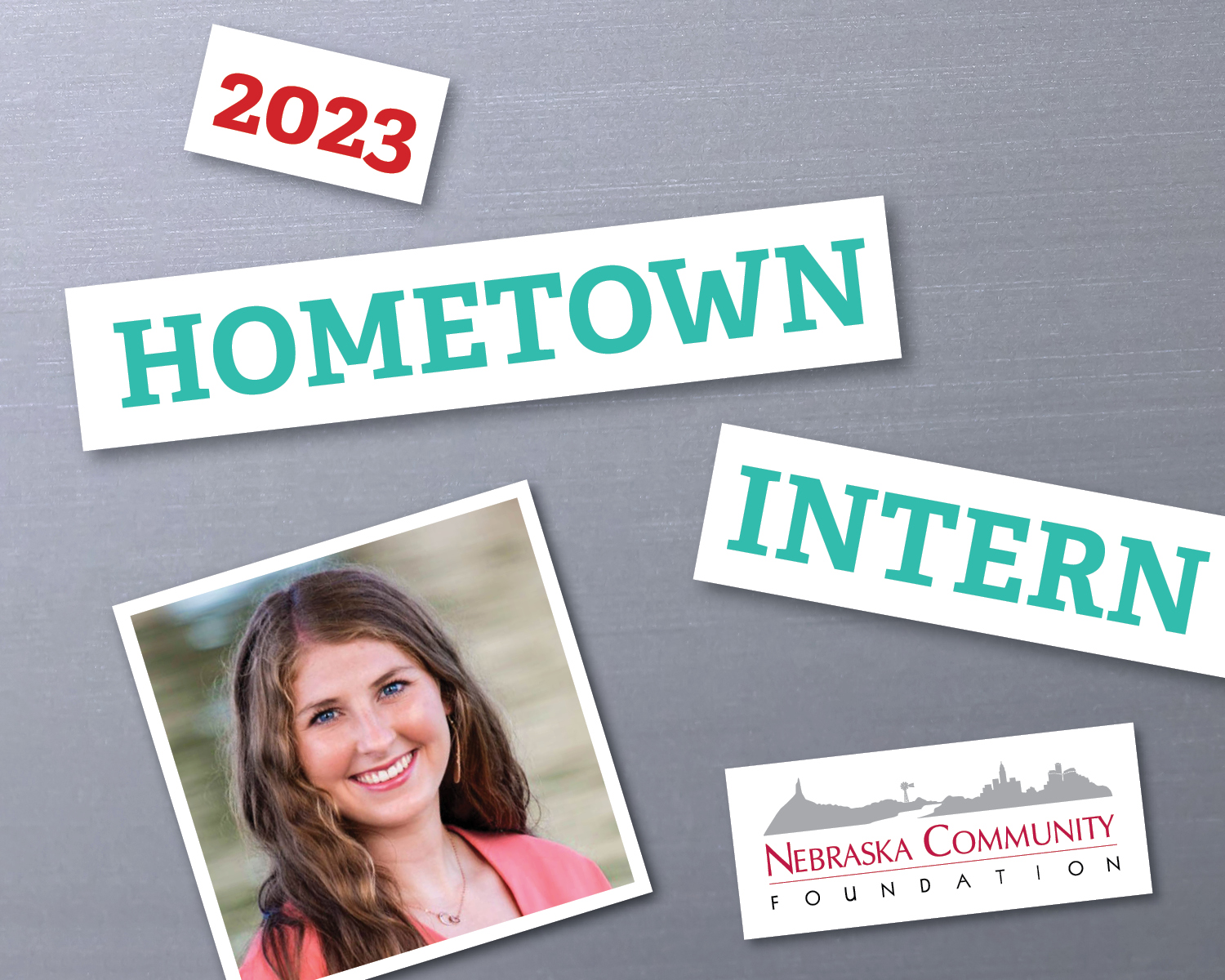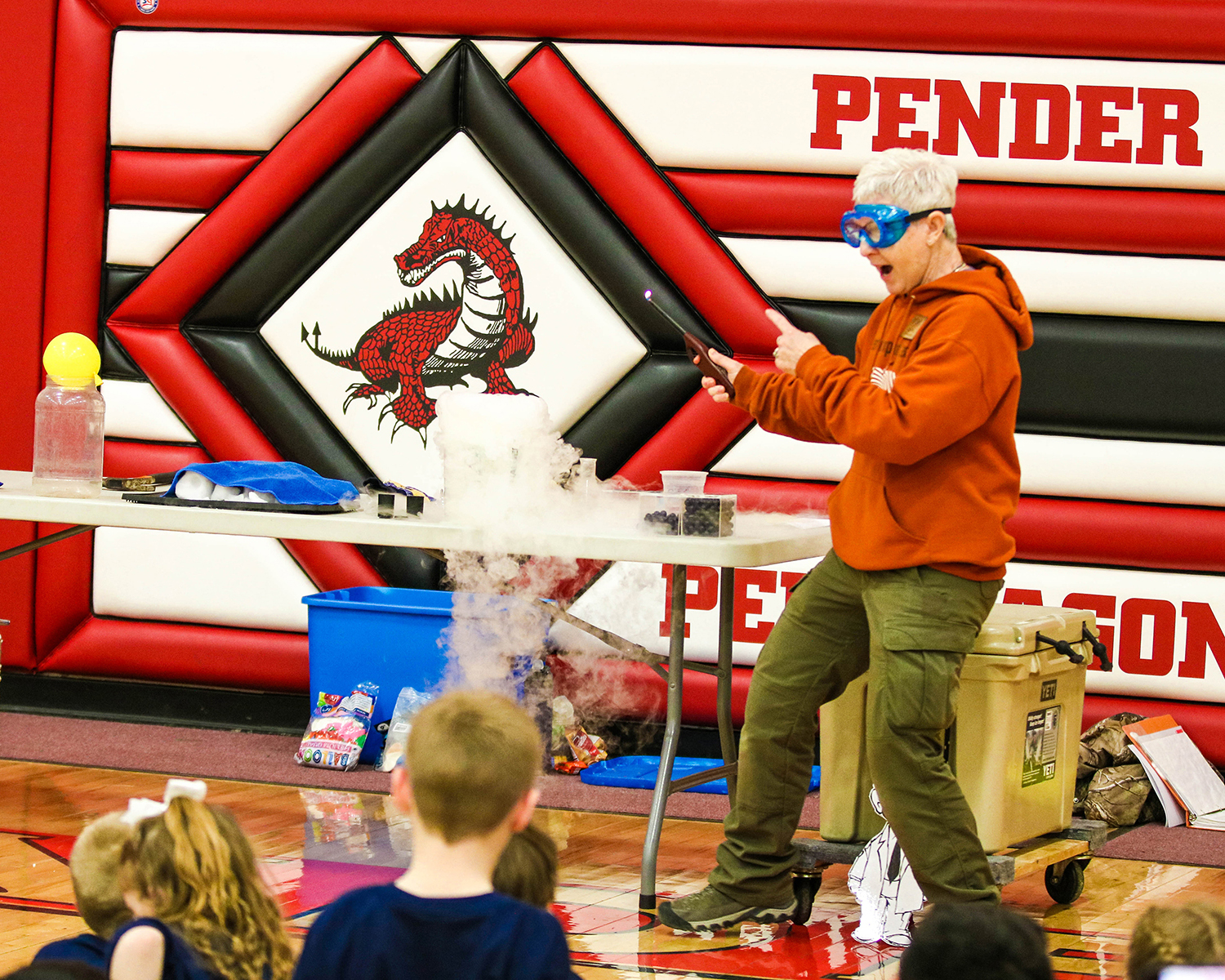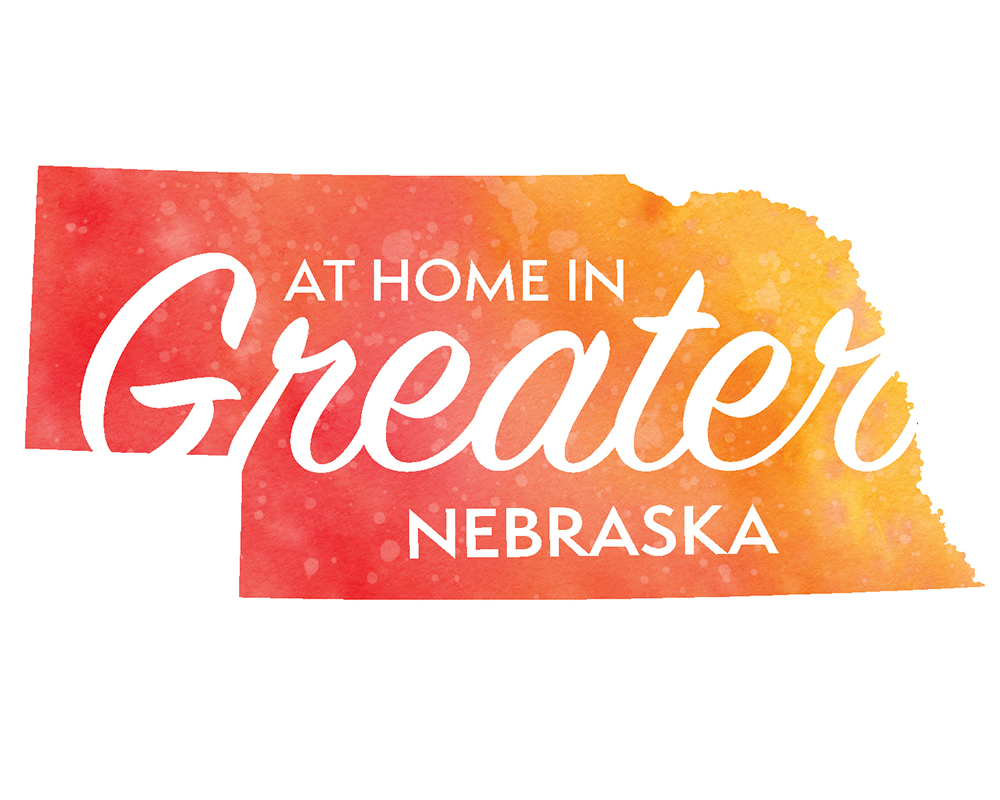 Originally published on 10/11’s Pure Nebraska Program
Originally published on 10/11’s Pure Nebraska Program
After four years and more than 3,700 students surveyed, Nebraska Community Foundation’s Greater Nebraska Youth Survey affirms young Nebraskans’ desire to include the state in their future and a preference for smaller communities.
“Year after year students tell us about their preference for small communities. They point to safety, good schools, and proximity to family as the most important characteristics of the places they choose to live. They say in the future, they are likely to live in the area they live now, and they do not recognize a negative stigma with remaining in or returning to your hometown,” said Jeff Yost, president and CEO of Nebraska Community Foundation. “We believe these youth survey results are a critical tool for understanding the priorities, values and desires of young Nebraskans and that they can help us create the kinds of communities of choice our young people want to return to.”
This year, NCF and the Center for Public Affairs Research (CPAR) at the University of Nebraska at Omaha surveyed 980 middle and high school students in 11 communities: Arcadia, Crofton, David City, Diller-Odell, Imperial, Ogallala, Ord, Paxton, Pender, Shickley and Stuart. Key findings included:
- Students still prefer small towns. Year after year, students have expressed a preference for small communities with 64% of respondents saying their ideal community size is “small, like my hometown.” Only 4% say their ideal community is larger than those that exist in Nebraska. Importantly, the vast majority (72%) say there is no stigma attached to living in a rural community.
- They want to remain in Nebraska. The majority (58%) report that they are extremely or somewhat likely to live in the area they live now. A job or business opportunity is the topmost reason to live elsewhere.
- They desire safety. Safety, good schools, and proximity to family continue to be the top three most important factors in their ideal community —qualities that are abundant across Greater Nebraska. However, 42% report that they have been bullied and qualitative data demonstrates students’ wishes for more welcoming, inclusive communities.
“The active participation of young people in rural Nebraska bodes well for the future of rural communities,” said CPAR Director Josie Schafer. “It indicates that many of them are likely to stay or return to their hometowns later in life.”
Despite high levels of engagement in local organizations and businesses, most students (76%) said they do not feel like they play a role in their community. Adults in Greater Nebraska can help these youth feel more involved by inviting them to take part in local organizations, offering them a seat at the table.
“Additional engagement of youth in local decision-making and planning can further connect students to their communities,” Schafer said.
Students cited job opportunities elsewhere as the main reason they would not live in their community as an adult. They understand the availability of health care and agriculture jobs in their towns, but do not perceive possible opportunities in other fields, such as the arts, recreation, tourism, business management, information technology and media, among other careers in which they expressed interest.
While students overall expressed positive sentiments about their communities, there were differences evident in responses when broken down by gender identity, race and ethnicity. Female students, for instance, reported being less likely to live in their current community as adults. Students of color reported feeling less connected to their communities and were more likely to report having been bullied and having witnessed someone being treated unfairly in the community due to age, race, gender, sexual orientation, physical illness or mental health. Nearly 75% of all students reported they would act to stop unfair treatment, and 60% said they are likely to advocate for diversity and inclusion. “
Rural communities must foster an inclusive and supportive environment for everyone,” Schafer said. “Emphasizing safety, diversity and inclusion aligns with the values expressed by the rural youth in the survey and as a result should have a positive impact on population retention and attraction.”



